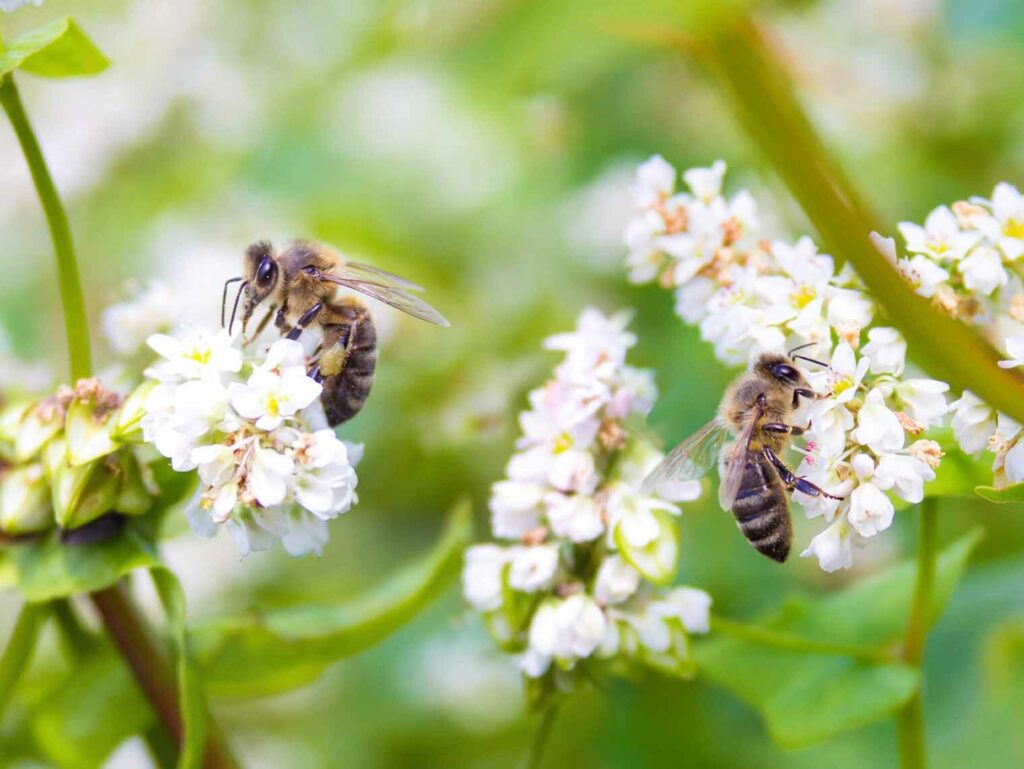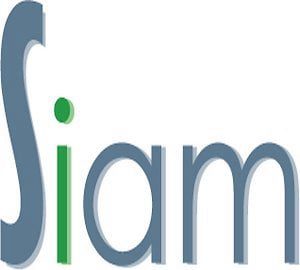New ECHA guidelines pave the way for better bee protection!

Image: My-honey.nl
New ECHA guidelines pave the way for better bee protection! – The guidance helps companies and authorities to assess the risks of biocidal active substances and products for bees. It is part of broader EU initiatives aimed at reversing the decline of pollinators by 2030 and preserving biodiversity.
ECHA’s guidance provides an approach for assessing the risks of biocides to honey bees, bumble bees and solitary bees. Based on the latest scientific knowledge. It covers the use of products such as insecticides and acaricides (product type 18). Substances in these products can, for example, damage the bees’ nervous system and weaken their immune system, making them more susceptible to disease.
Support in carrying out the risk assessment
The guidance is intended to help companies applying for active substance approval or product authorization under the EU Biocidal Products Regulation to carry out the risk assessment of their applications. It also explains the guiding principles that authorities can use to assess applications and determine whether a biocidal product meets the authorization requirements.
Better protection for bees
Peter van der Zandt, Risk Management Director at ECHA: “In addition to climate change and habitat loss, certain chemicals – such as insecticides – have been identified as a cause of declining pollinator populations.” These guidelines will bring companies and authorities one step closer to better protecting bees, which are vital for people and the planet.”
Webinar on March 5
ECHA will host a webinar on the guidelines on March 5 from 11:00 to 13:00 Helsinki time. During the event, experts involved in the preparation of the document will give an overview of its content and answer questions from participants.
The European Commission and the EU Member States will decide at a later stage when to apply the guidelines in the evaluation of biocides.
Background
In 2019, the European Commission asked ECHA to develop guidance to assess how exposure to biocides affects arthropod pollinators, including bees. This was done as part of actions under the EU Biodiversity Strategy 2030 and the Pollinators Initiative. Current guidelines focus only on bees, as there is a lack of data on non-bee pollinators.
Development guidelines
The guidelines were developed together with a group of experts from several Member States and with the support of stakeholder organizations. It is in line with the European Food Safety Authority (EFSA) guidelines on the risk assessment of plant protection products for bees published in May 2023.
More information
- Guidance on the assessment of risks to bees arising from the use of biocides
- Webinar on March 5: Learn about ECHA’s guidelines for assessing the risks of biocides to bees
- Topic page on biocides
- European Commission: Bee protection
- European Food Safety Authority (EFSA): Pesticides and bees, revision of the guidelines
Source: ECHA
Also read: ECHA launches a new chemicals database
Reservation
This information has been compiled with the greatest possible care, in some cases from different information sources. (Interpretation) errors are not excluded. No legal obligation can therefore be derived from this text. Everyone dealing with this subject has the responsibility to delve into the matter!

Trackbacks/Pingbacks